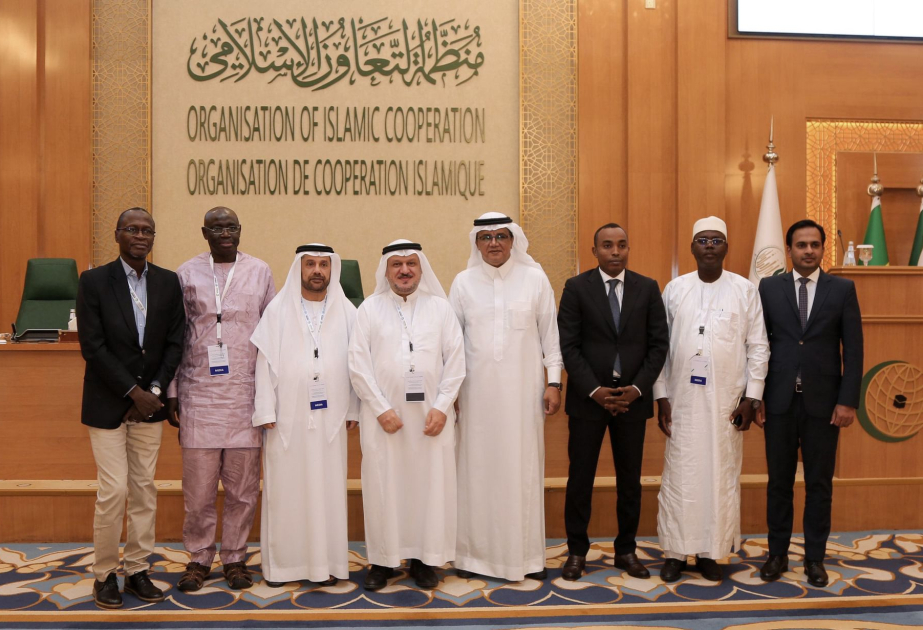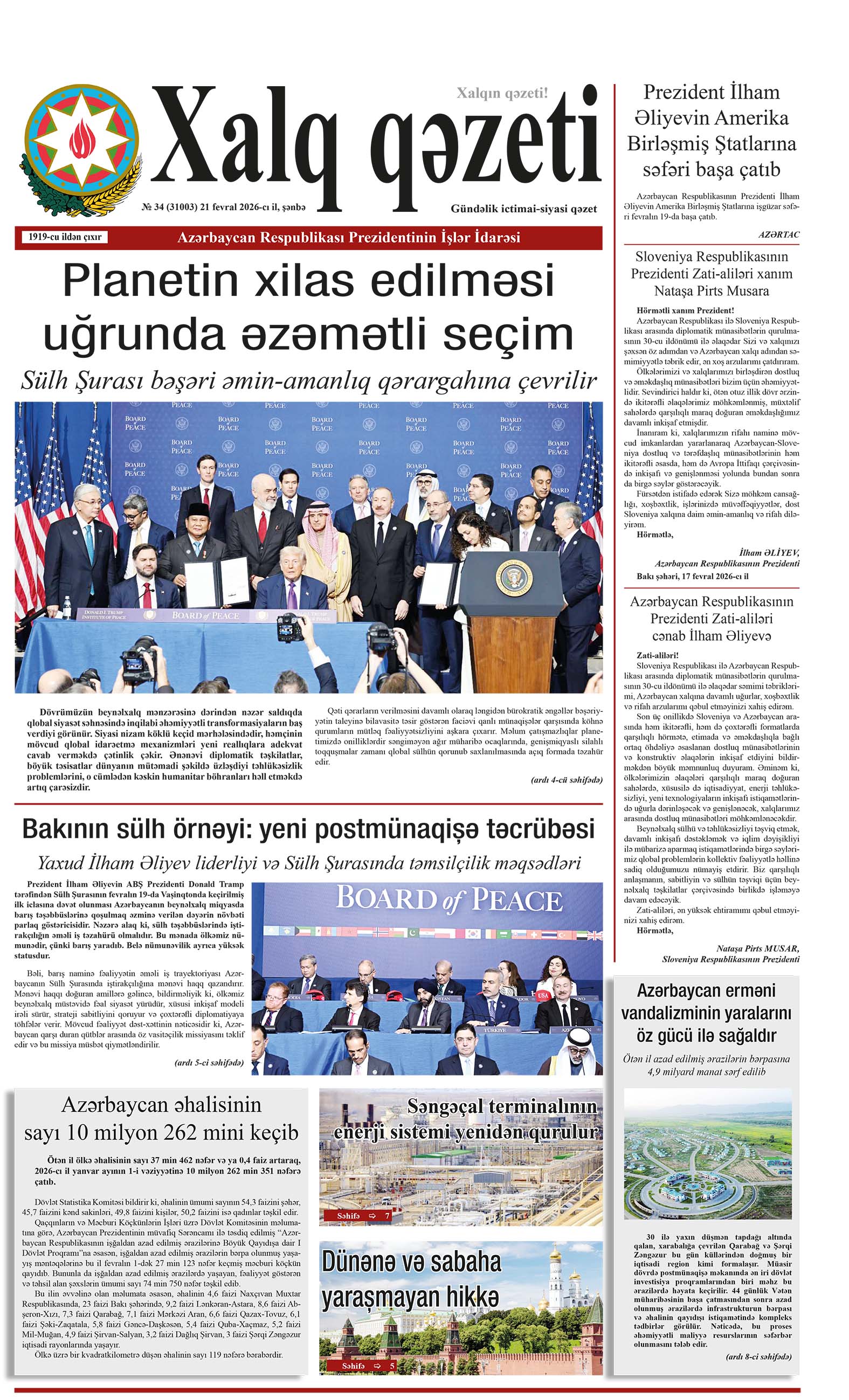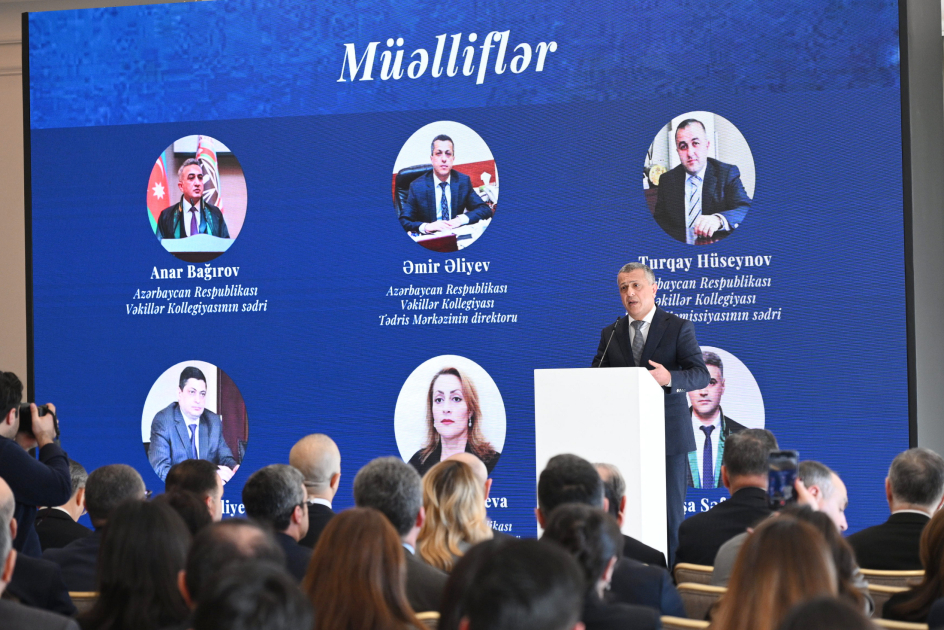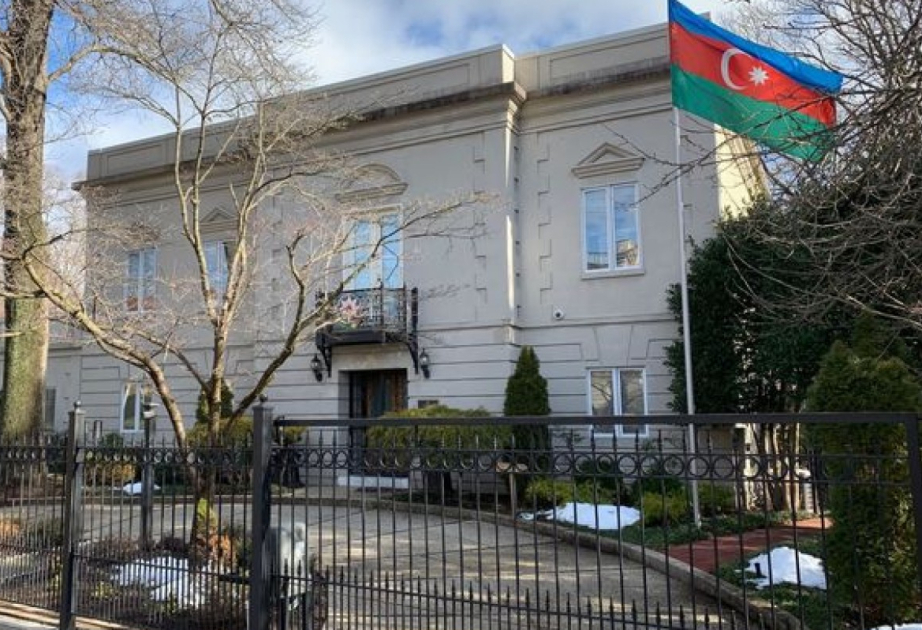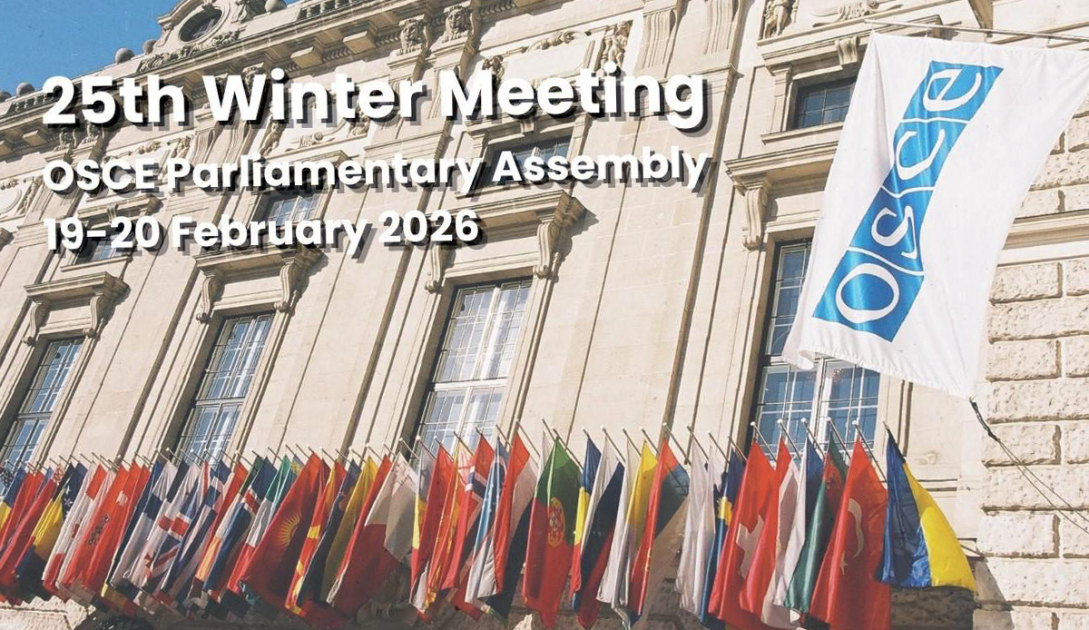The Union of OIC News Agencies (UNA) held a roundtable titled "Towards a Humanitarian Media: The Role of Journalism in Supporting Humanitarian Work and Highlighting Relief Efforts", with participation from directors-general and senior officials of news agencies and international humanitarian experts, according to Emirates News Agency (WAM).
The roundtable was organized on the sidelines of the Donors’ Conference to Support Displaced Persons and Refugees in the Sahel and Lake Chad Basin, held at the Organization of Islamic Cooperation (OIC) headquarters in Jeddah. The event was jointly organized by the King Salman Humanitarian Aid and Relief Centre, the OIC, the United Nations Office for the Coordination of Humanitarian Affairs, and the Office of the United Nations High Commissioner for Refugees.
In his opening remarks, UNA Director-General Mohammed bin Abd Rabbo Al-Yami emphasized the media's central role in responding to humanitarian crises, stating that humanitarian professionals rely on the "power of the media" to shed light on humanitarian conditions and encourage responses through relief activities. He called for stronger partnerships between humanitarian organizations and the media and the establishment of direct communication channels to coordinate media coverage of humanitarian initiatives.
Dr. Samer bin Abdullah Al Jutaily, Spokesperson for the King Salman Humanitarian Aid and Relief Centre, emphasized "communication for development" as a collaborative communication approach that aims to maximize the impact and sustainability of developmental initiatives. He highlighted that persuasive communication is essential for media’s role in supporting humanitarian work, as it influences communities and organizations toward comprehensive societal development.
Jamal Nasser Al Suwaider, Executive Director of the News Content Sector at the Emirates News Agency (WAM), called for launching initiatives within the Union of OIC News Agencies to promote collaborative action in covering humanitarian issues and showcasing OIC member states’ efforts in this regard.
During his remarks, Moussa Diarra, Director-General of the Malian National News Agency, discussed the role of news agencies in humanitarian media, noting their potential in raising awareness, mobilizing financial support, and issuing early warnings. Similarly, Dr. Abderrazak Ali Darneh, Director of the Djibouti News Agency, stressed the media's role in enhancing public engagement with humanitarian crises.
Baba Wame, Director-General of Cameroon News Agency, reviewed the media’s coverage of humanitarian crises in Cameroon and West Africa, underscoring its importance in mitigating the impacts of these crises. Iqbal Mudassar, Deputy Director of the Associated Press of Pakistan, urged closer cooperation between media outlets and international relief organizations to ensure accurate, on-ground reporting.
Khalil Mohamed Ibrahim, Director-General of the Chad News Agency, highlighted the challenges faced by news agencies in the Sahel region, including limited resources, the lack of dedicated humanitarian news segments, and inadequate coordination with international humanitarian organizations.
The roundtable concluded with several recommendations, including enhancing news exchange on humanitarian content, fostering coordination between media and international relief organizations, and deepening the concept of "communication for development" in media to support comprehensive societal development. Further recommendations included focusing on personal stories over statistics in humanitarian reporting, building the capacities of media professionals in humanitarian communication, and ensuring accurate information to aid recipients, preventing misinformation.


